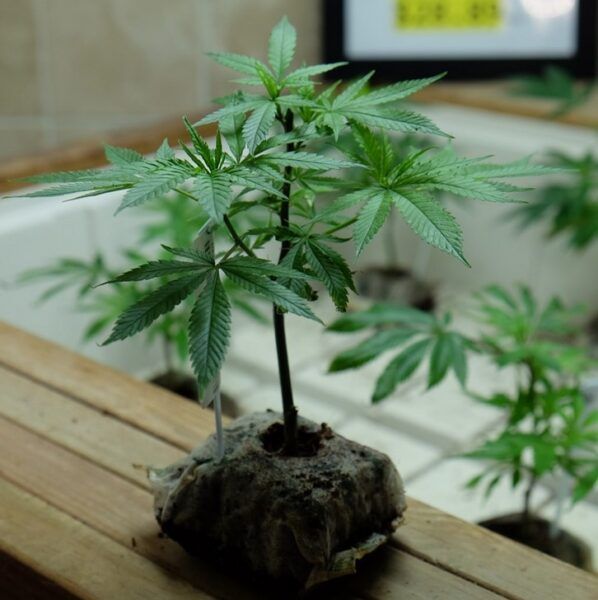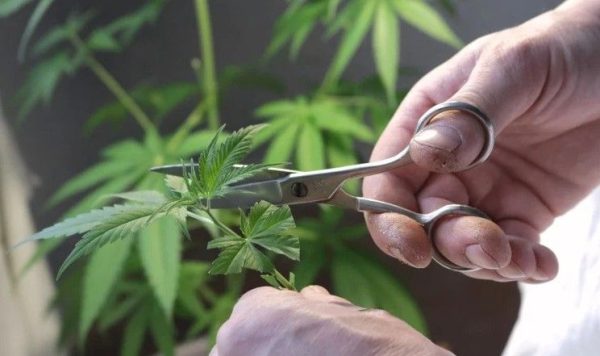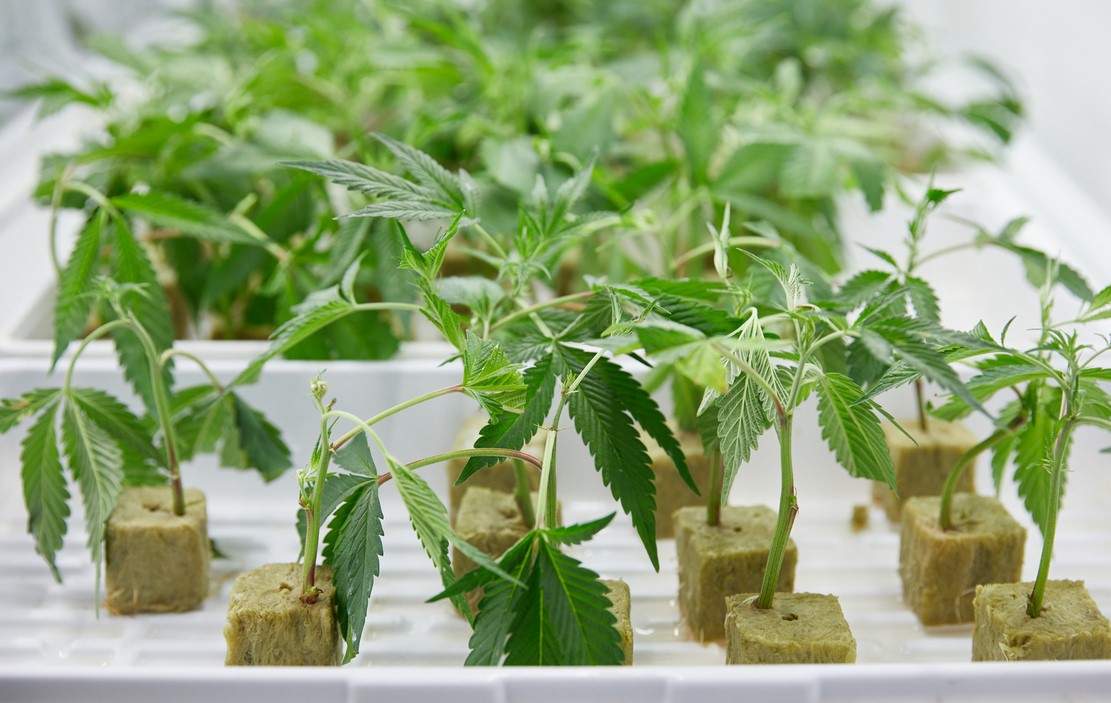In this post, we’ll go through the ins and outs of cannabis cloning so you can have a better understanding of what it’s all about. You’ll discover how to clone cannabis plants as well as the benefits and drawbacks of cloning versus seed production.
If you want to be a cannabis grower, finding out whether you can clone cannabis plants is important. Plant cloning is the process of taking a sample from an existing plant in agriculture and gardening. Then, to ensure that you get a “replica” of the original, put it in a stimulating environment with enough nutrients to sustain it.
When cloning cannabis strains, it’s vital to pick ones with outstanding characteristics so that their skills may be passed on.
Because it’s such an effective technique for increasing yield and harvest while maintaining quality, many clone-only marijuana growers like this approach. Cloning is a well-known way to boost your yield and harvest while preserving quality.
However, you may only clone one plant once you’ve discovered the healthiest and most successful plants. You must also be able to distinguish male from female plants. For the record, a single mother plant can produce up to 50 offspring each week!
Cloning is as close to a guarantee as you’ll get when it comes to marijuana seed production. It’s also considerably easier than you’d expect! So without further ado, let’s get started on cannabis plant cloning.
What is plant cloning?

Plant cloners take cuttings from their greatest plants and use them to grow copies. Cannabis clone are genetically identical individuals that develop without the help of sexual reproduction. Plants can, however, be cloned without human help. A new plant’s root development after another has generated a “runner,” which is a sort of modified stem,
Many plants, such as blackberries, strawberries, dandelions, and crab apples, use natural asexual reproduction called apomixis to reproduce. Cannabis does not self-clone in the same way that other plants do. To create a clone of a marijuana plant, you must take cuttings.
Cannabis clones are genetically identical individuals produced through a process that does not use sexual reproduction.
What are the benefits of cloning cannabis plants?
Aside from the obvious, a genetically identical carbon copy of a successful grower is another incentive for a cannabis farmer to clone a plant. Clones offer several advantages, including:
- Faster growth cheaper: Cannabis plants can be cloned without going through the germination and seedling phases, which might take weeks. As soon as root growth begins in the vegetative stage of development, a cutting from a mother plant may begin to develop roots. In addition, growers may save money by not having to purchase seeds. A healthy and robust mother plant with continual investment in seeds might generate an infinite number of cannabis clones without requiring any more resources.
- All females: There’s no danger of accidentally including male plants to a garden since cannabis mother plants are almost always female. You may also do this by purchasing feminized seeds from a seed bank, but it will certainly cost more than ordinary seeds.
- Multiple harvests: Cloning allows you to replicate your best female plants while also producing more crops and more frequently. Cloning may help both indoor and outdoor farmers produce additional harvests before the winter season.
Are there any downsides to cloning plants?
Cloning cannabis plants has several disadvantages, and there are certain dangers. Cloning cannabis plants is more predictable than growing them from seed, but if growers aren’t careful, it may be a disadvantage. Any flaws in the parent plant will be reflected in all of the cuttings, leaving a grower with an invalid crop. Plant cuttings might contain pests or diseases carried by the mother plant that are difficult to eliminate.
Clones do not produce a taproot, the main root that projects from the seed and goes deep into the earth, so they don’t provide as much marijuana as fresh plants produced from seeds. Indoor cultivation and good cloning procedures can help you minimize the chance of a lower yield.

How to clone a cannabis plant
To duplicate a marijuana plant, you’ll need the proper equipment. Here’s a rundown of everything you’ll need:
- A healthy mother plant (at least one month old) with vegetative limbs ranging from 4 to 20 inches (10 to 50 centimeters) in length
- Razorblade
- Cup filled with water
- Rooting medium
- Rooting hormone
- Fluorescent light
- Cloning humidity dome or plastic bag to cover the cutting
Make sure you maintain the mother plant in vegetative mode and remove any additional plants. Wash the razor blade before taking cuttings and try to work in a clean environment to prevent bacteria from entering clone roots. Choose a branch with at least four nodes on the cannabis mother plant with fresh-leaf development characteristics. Cut at a 45-degree angle below the top two nodes. After verifying that your incision was made at a 45-degree angle, place the stem end into a cup of water.
To avoid air bubbles or embolisms, root hormone application is recommended. A rooting hormone will aid in the plant’s growth and absorption of nutrients. Place the cuttings in a rooting medium such as rockwool cubes once they’ve been treated with a rooting hormone. Maintain a humidity level of 75% to 90 % until your roots are able to absorb water.
The roots should develop in the next few days, signifying that it’s time to transplant the clones. If you don’t want to plant the plants right away, you can keep them in your refrigerator for up to three months. If clone plants are kept at temperatures below 40 degrees Fahrenheit (4.4 Celsius), as they would in extremely cold weather, their cells may burst and they will not survive.
Bottom line
Cloning is a simple process that comes with several benefits for gardeners who wish to duplicate a favorite plant. You can take notes while you experiment with clonning so you can figure out what works best for you and your plants.

